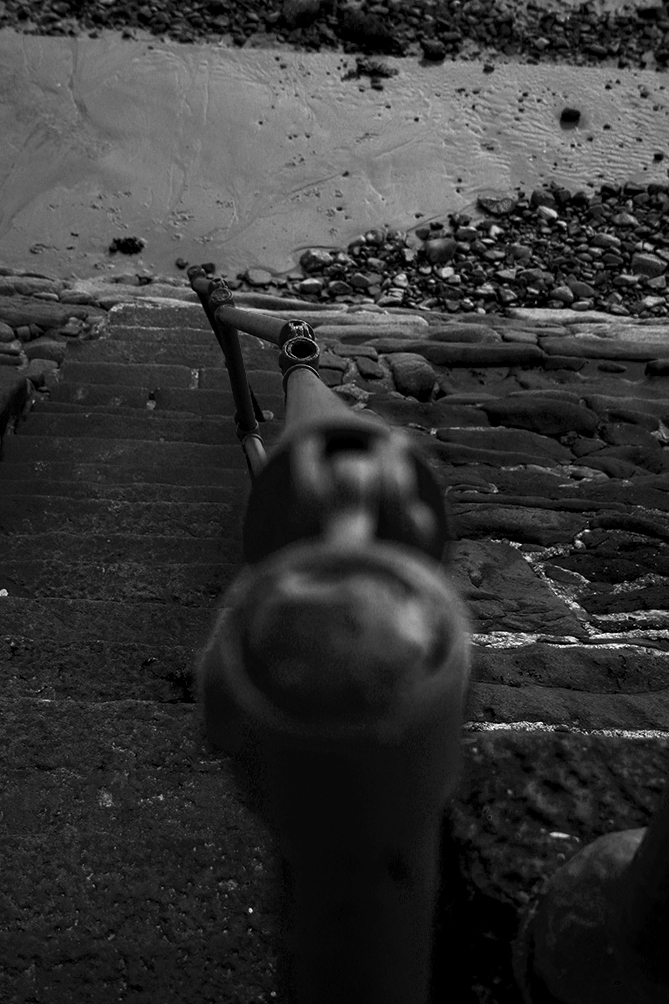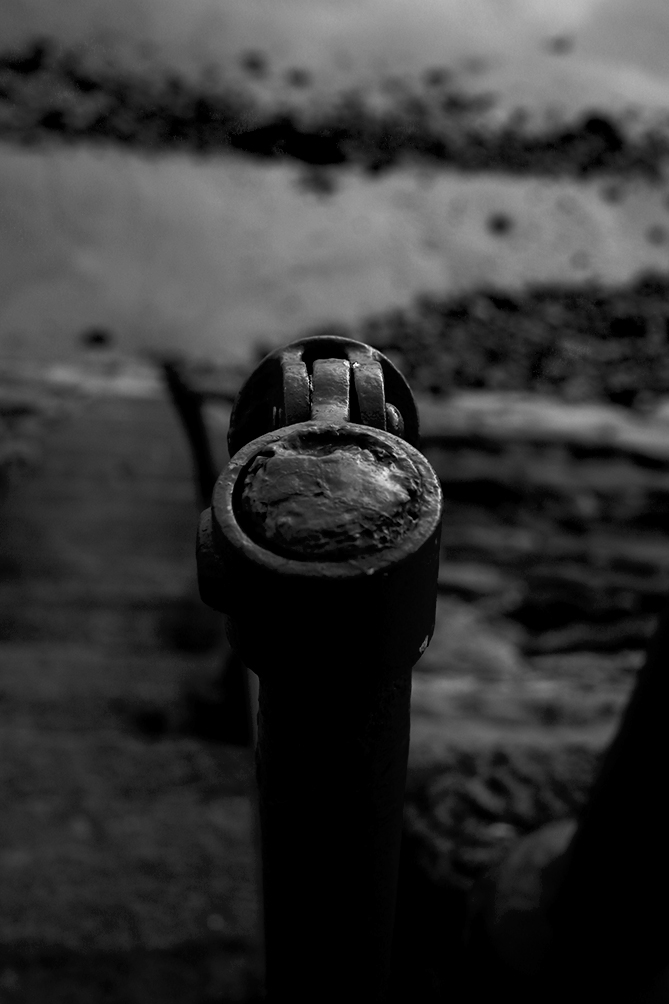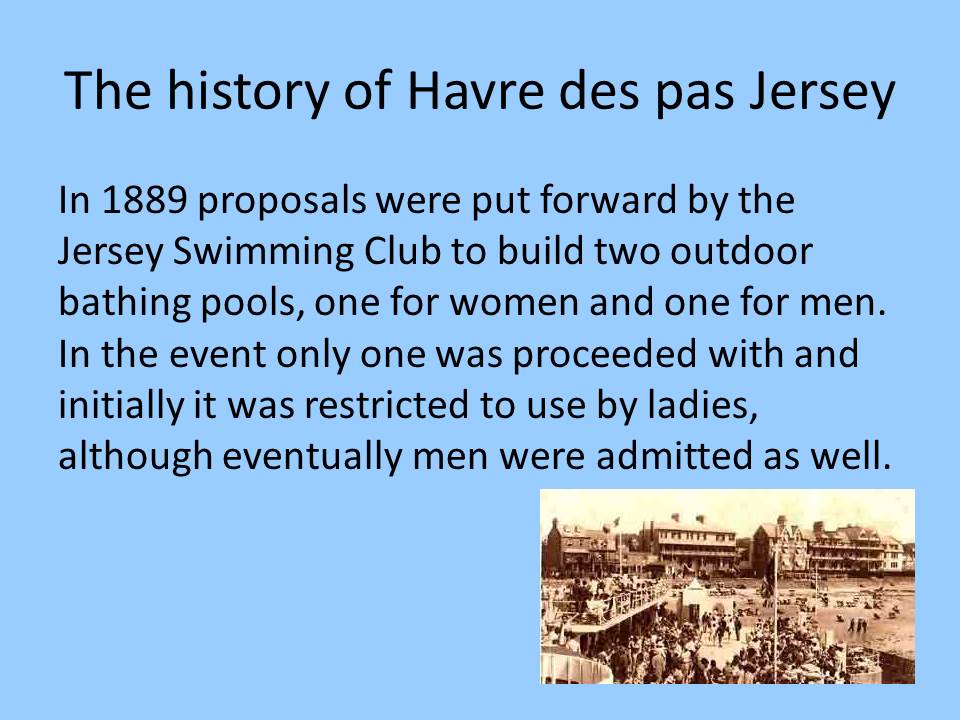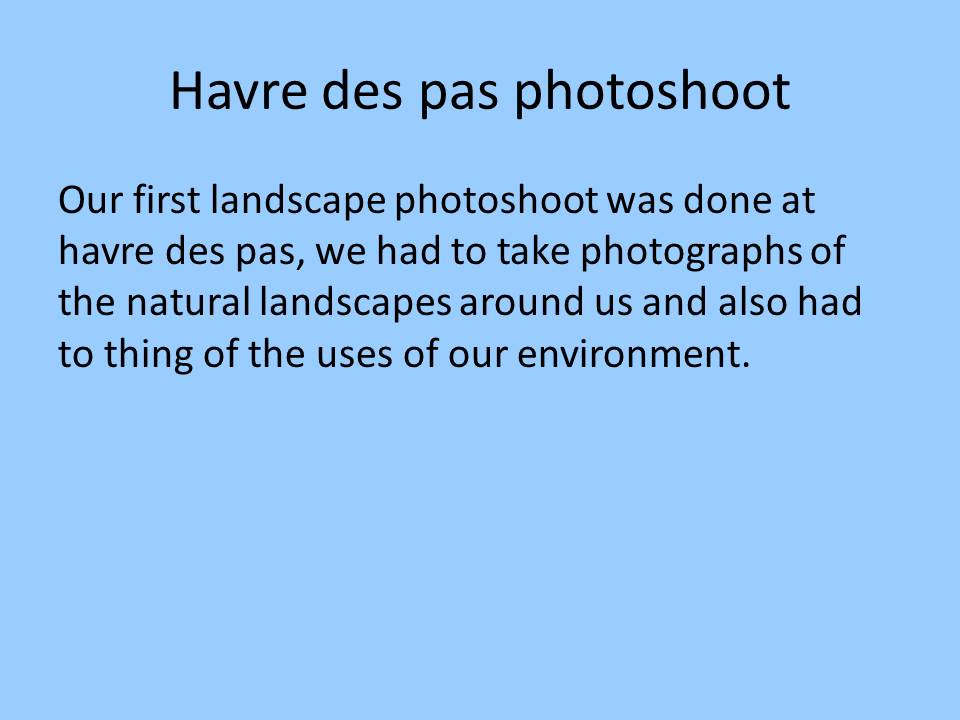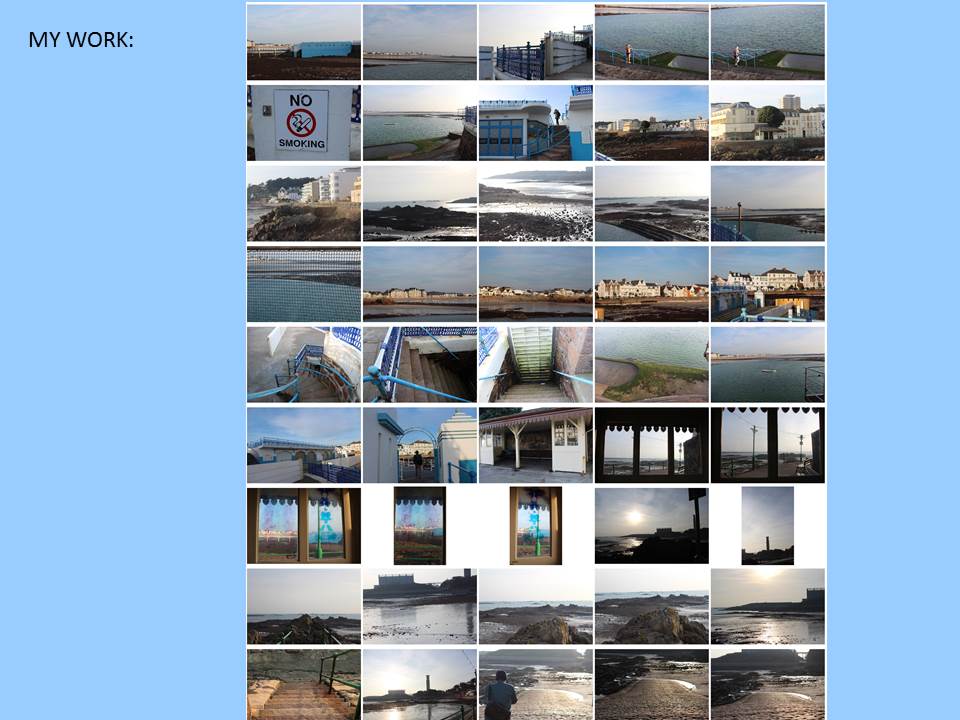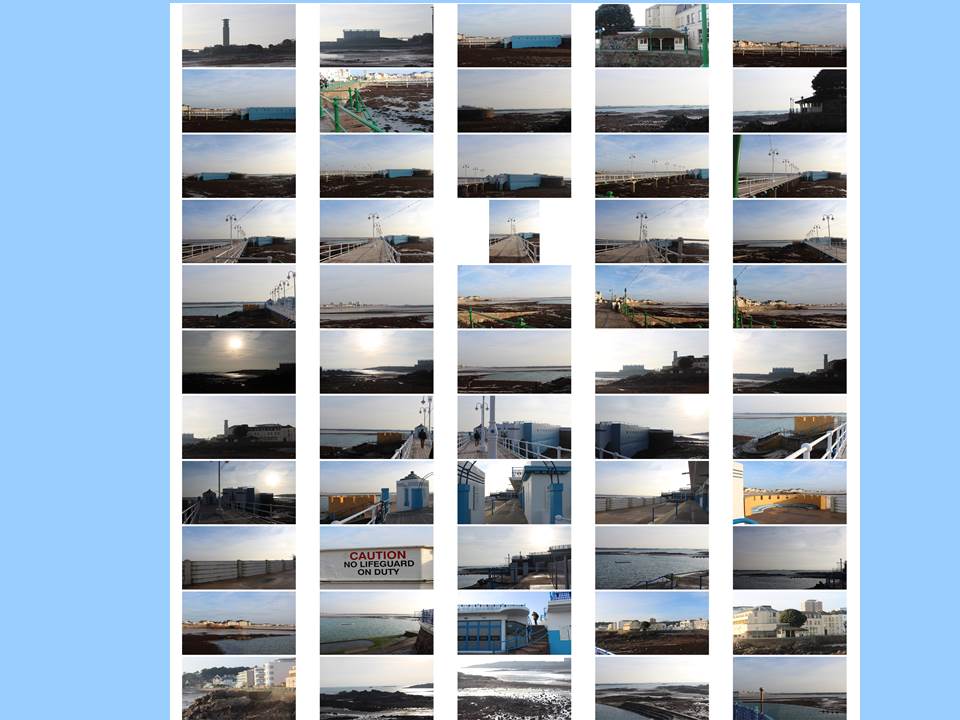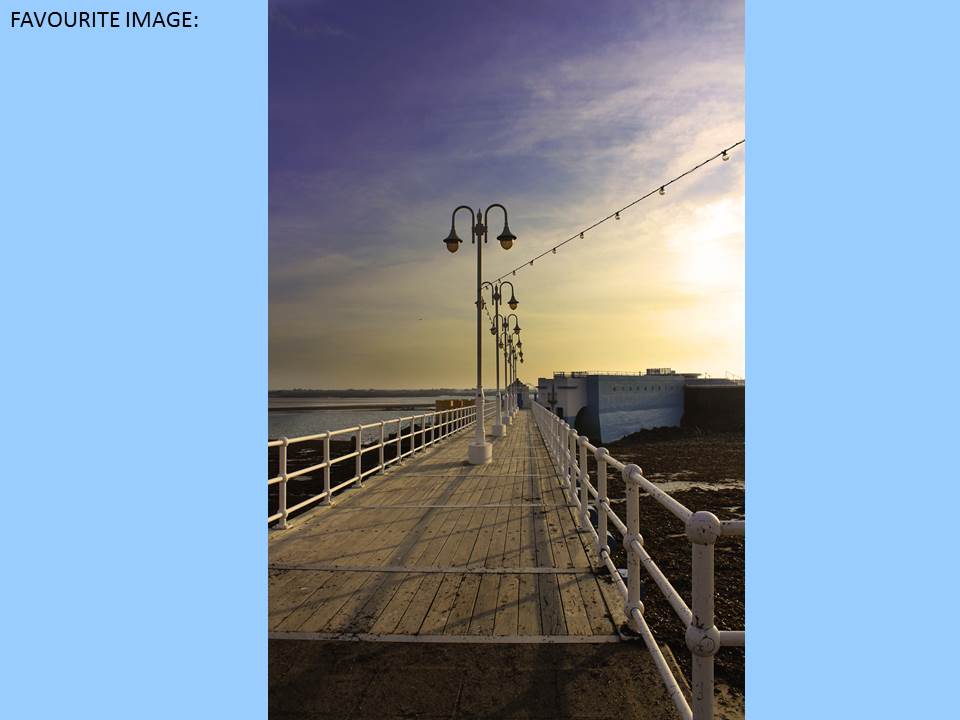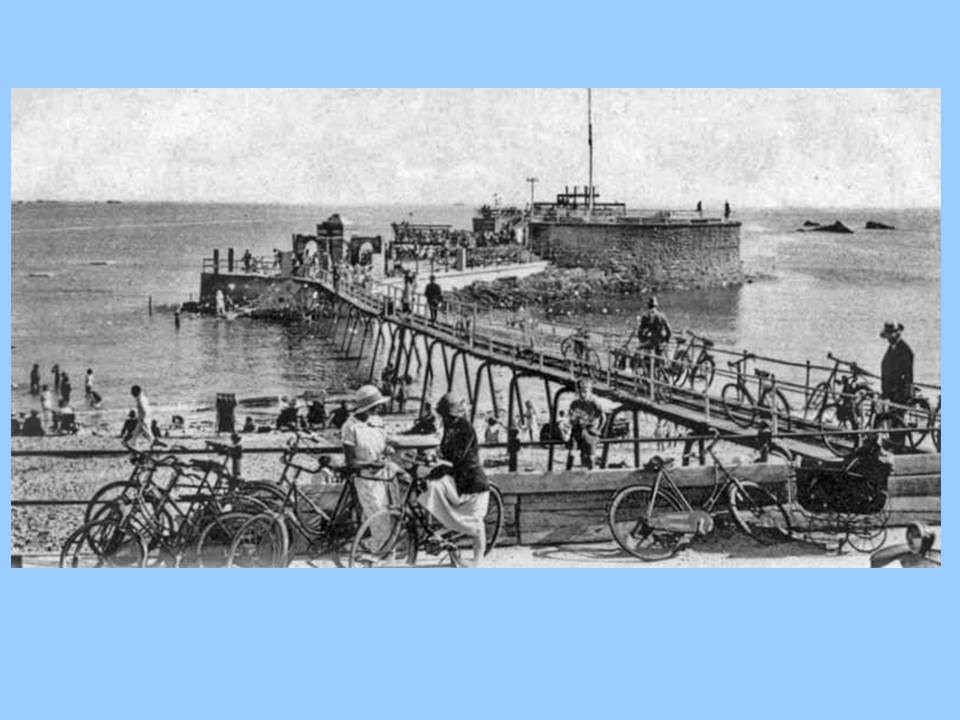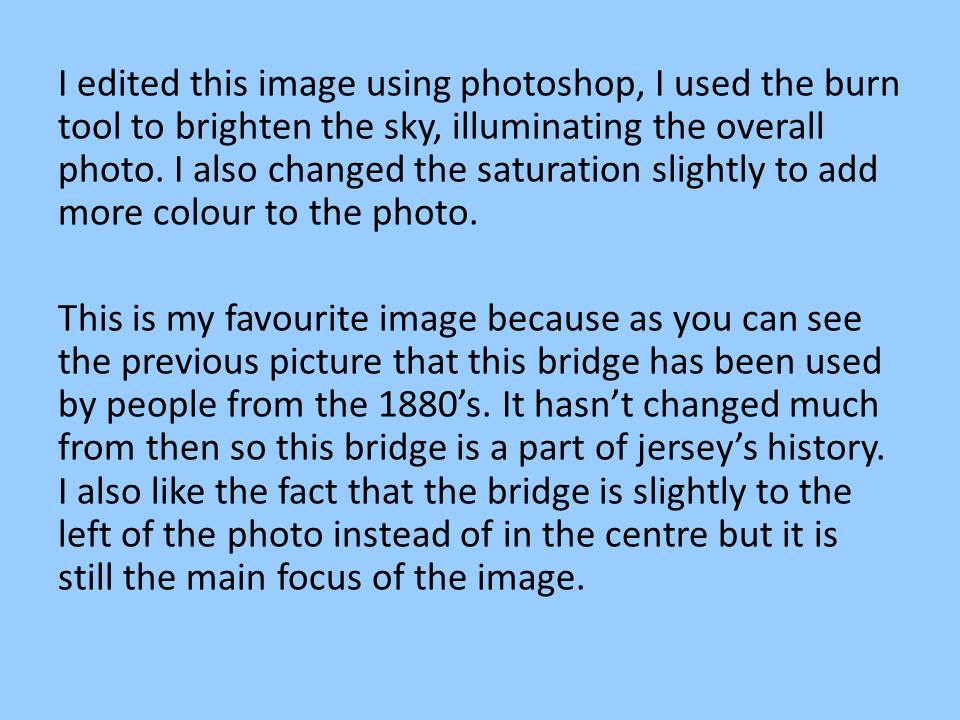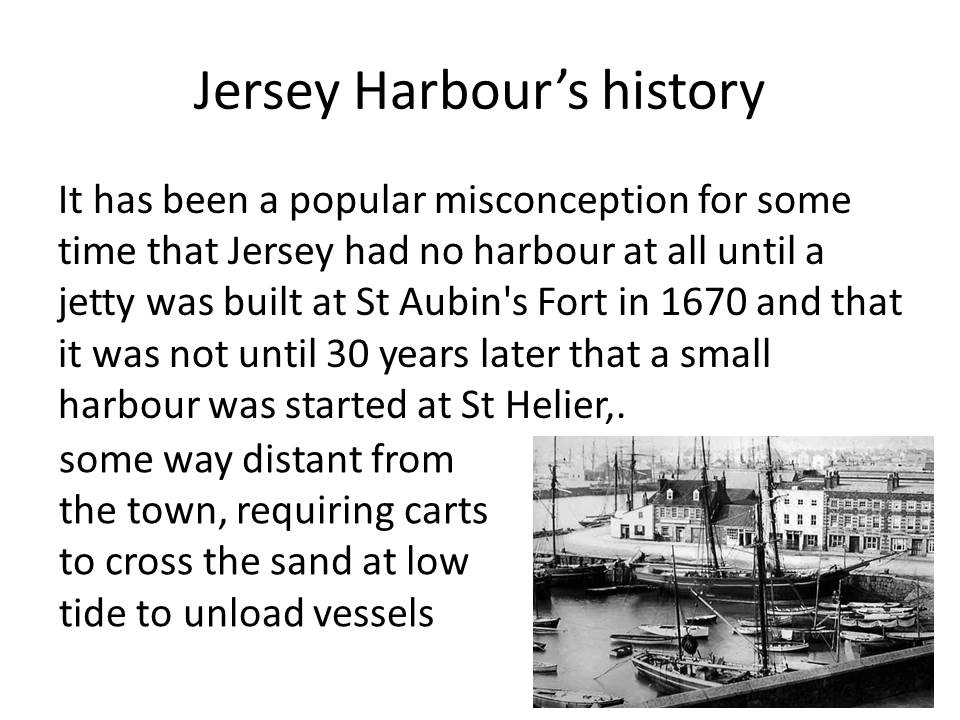
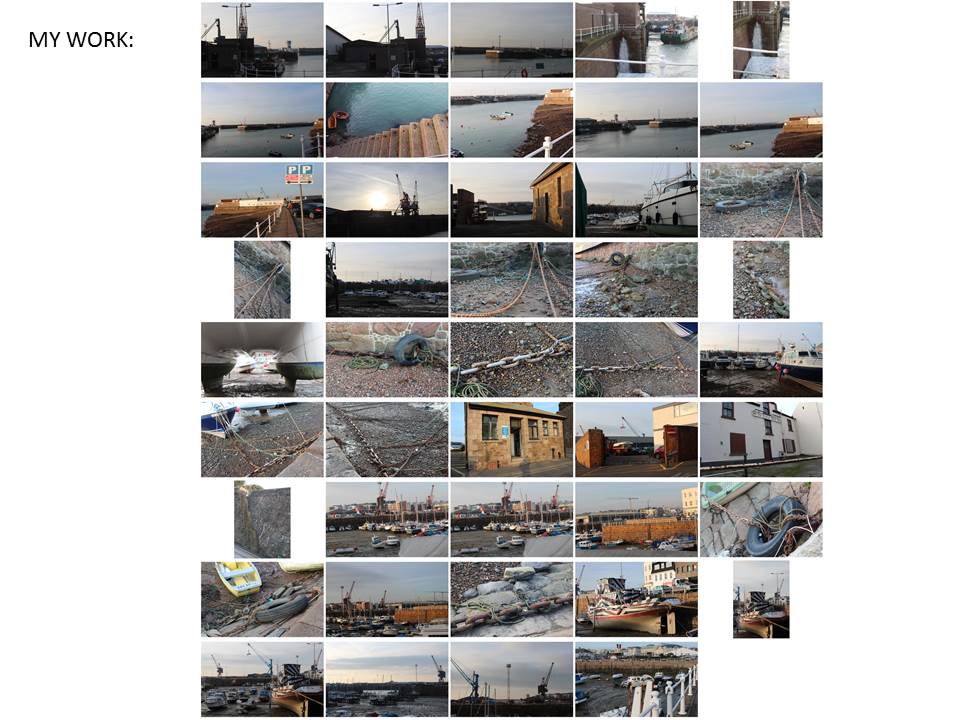
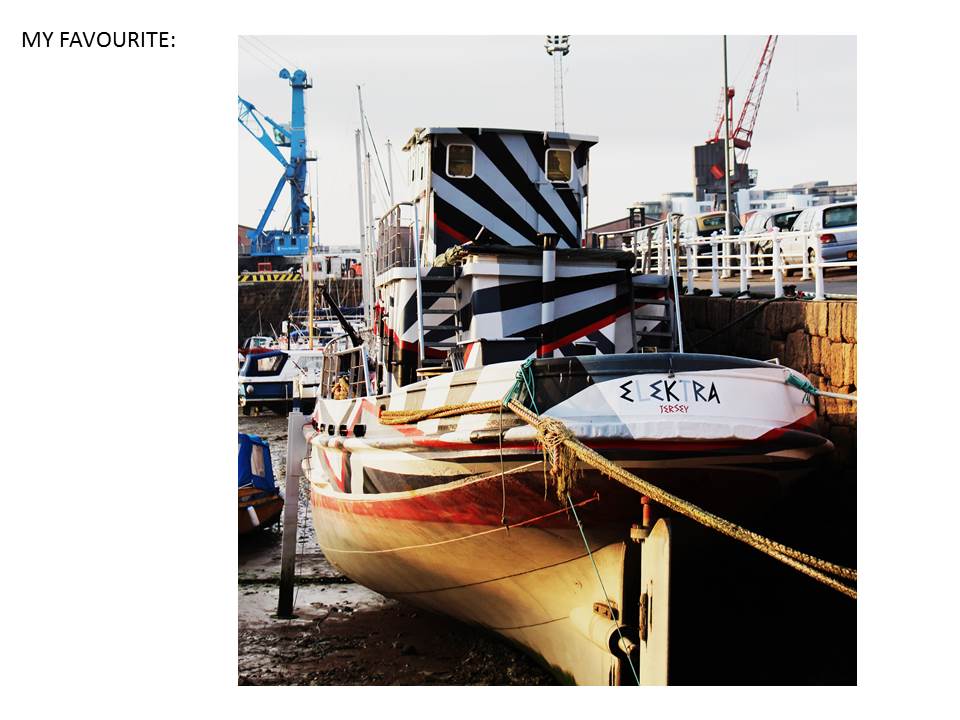
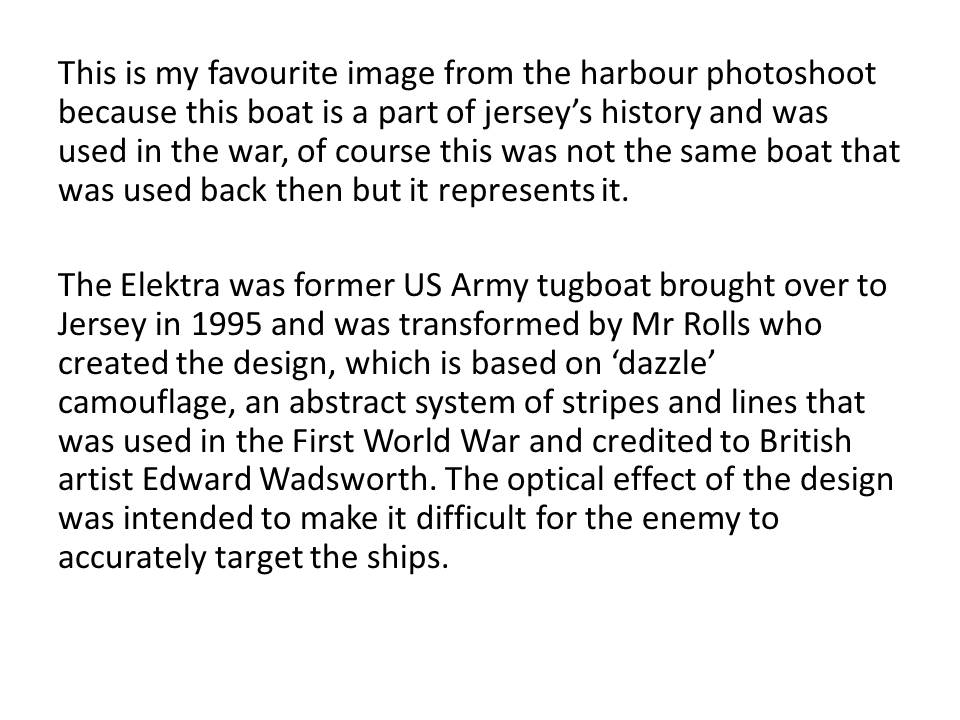
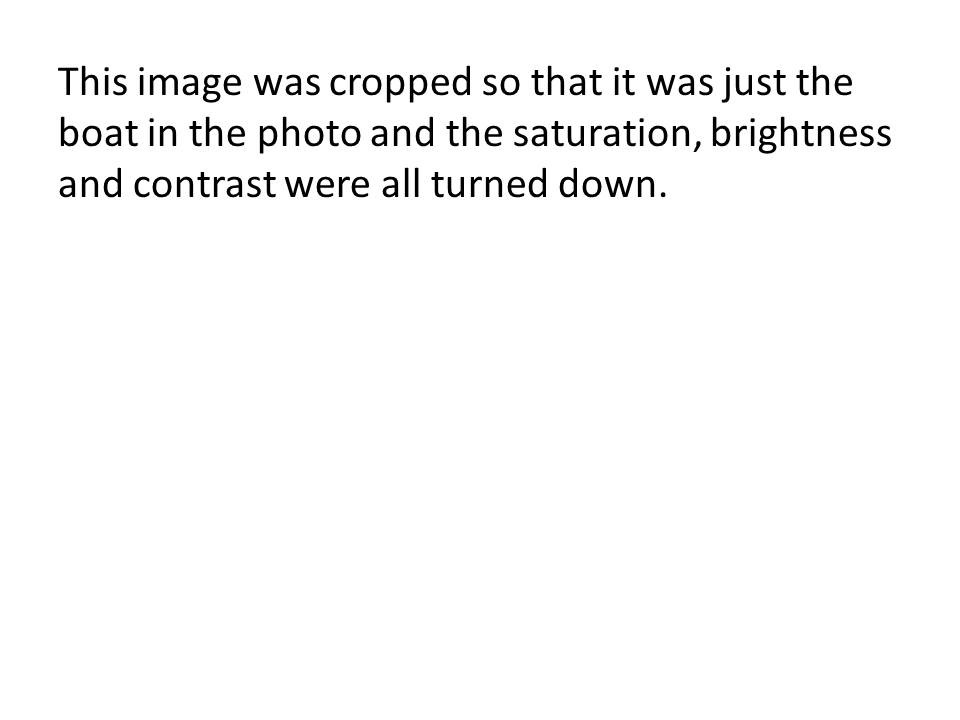





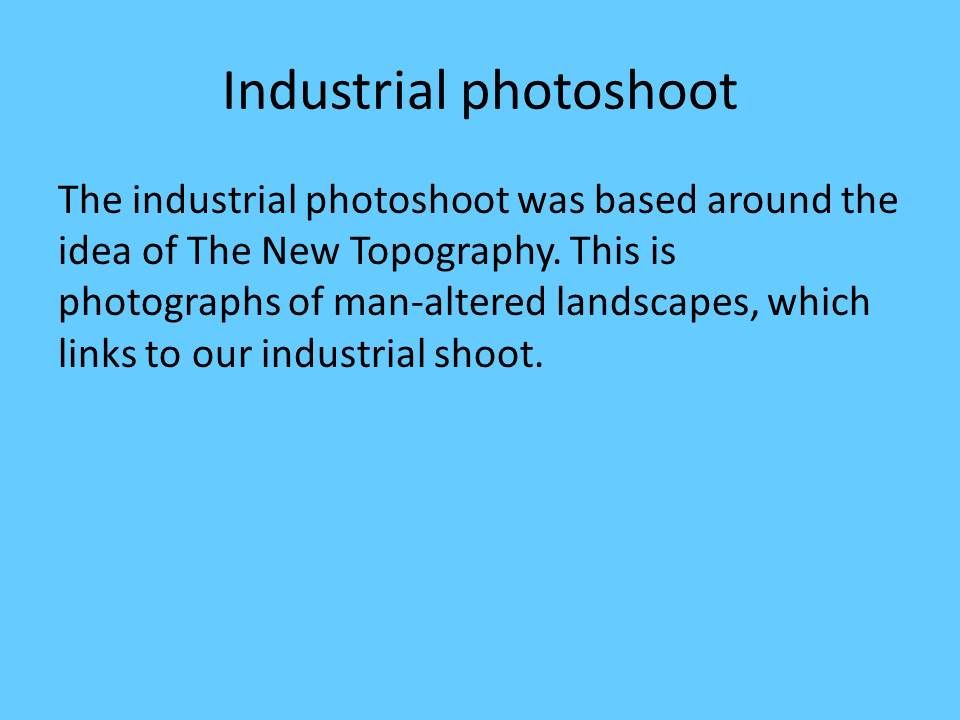
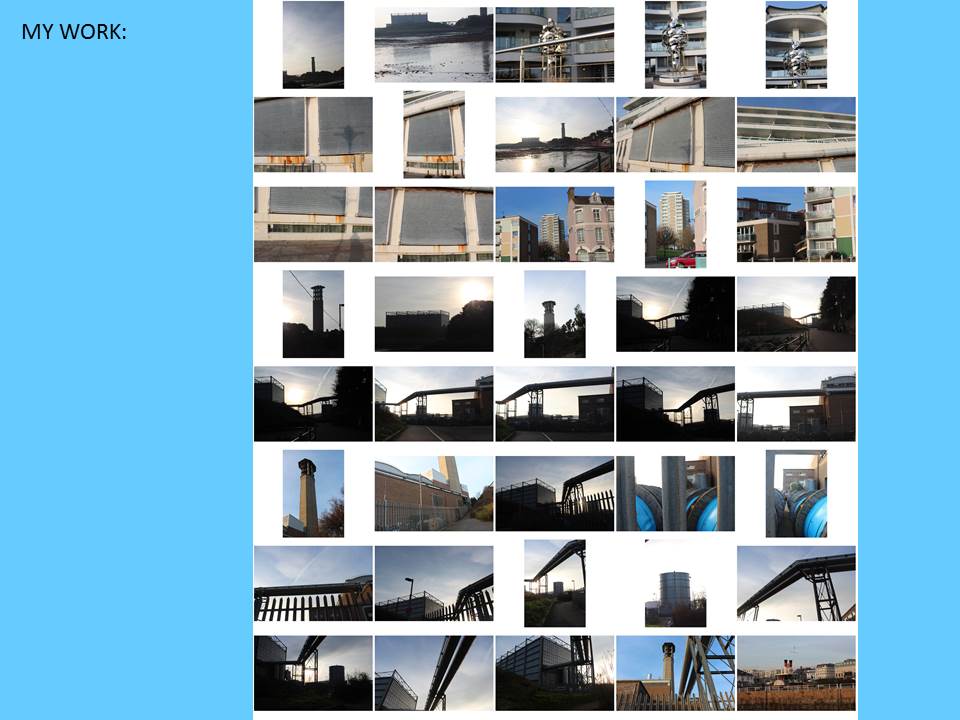
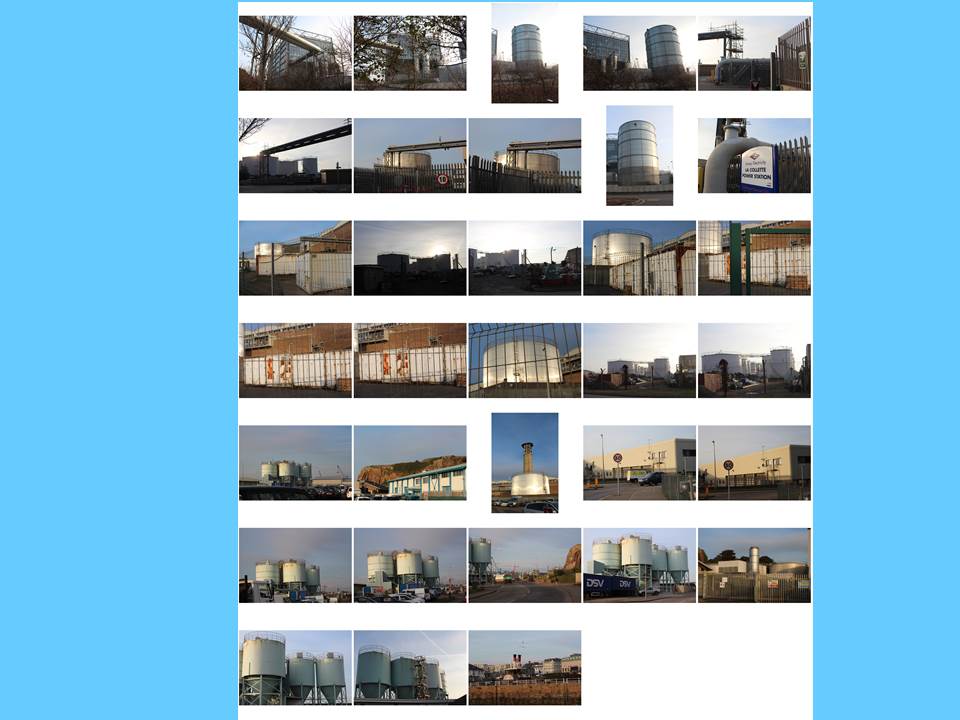
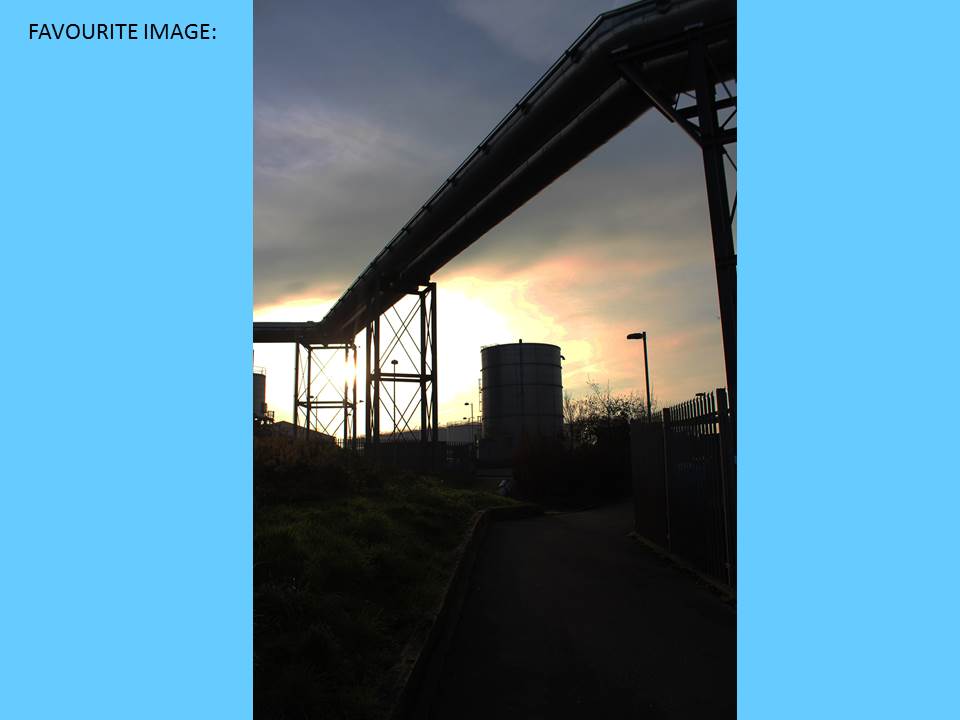
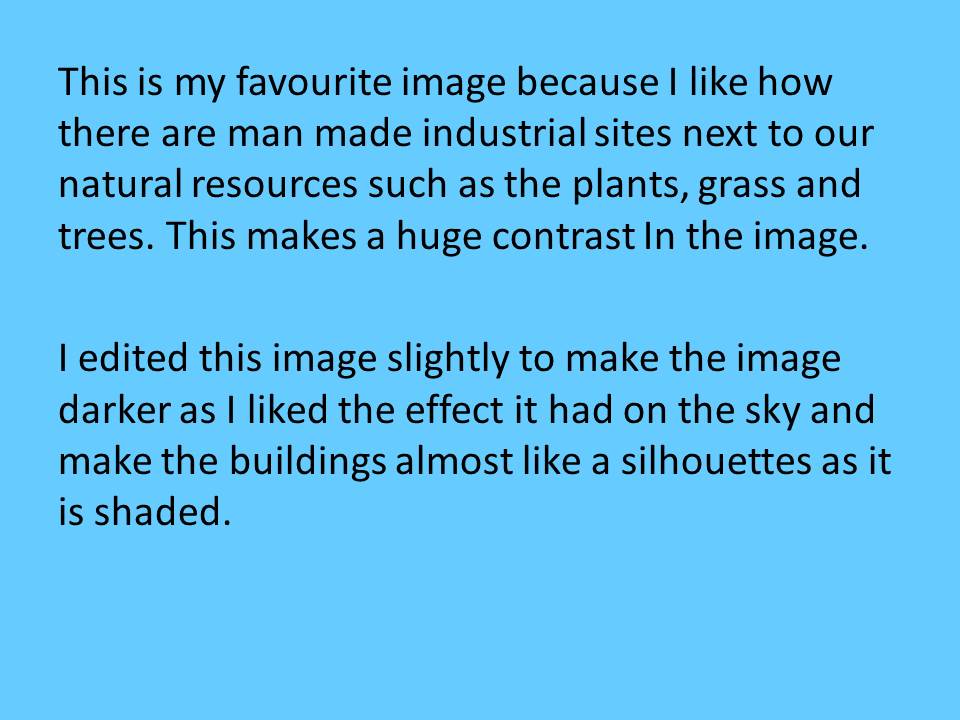
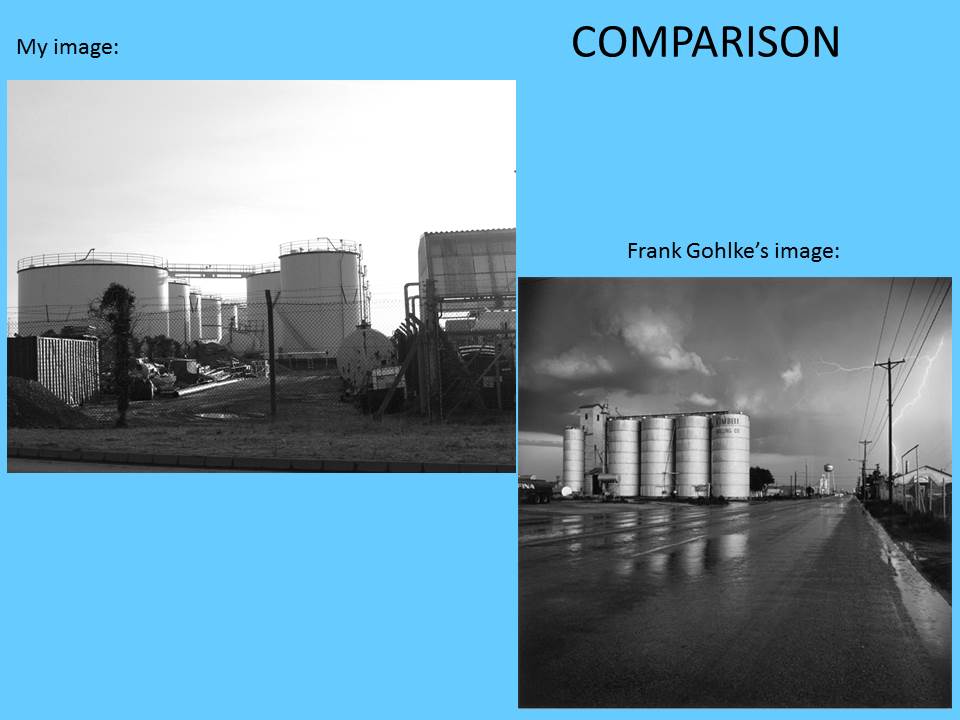
Here is an example of where I have used the HDR technique to balance two photographs, one underexposed and another taken overexposed. Here are both my original images:
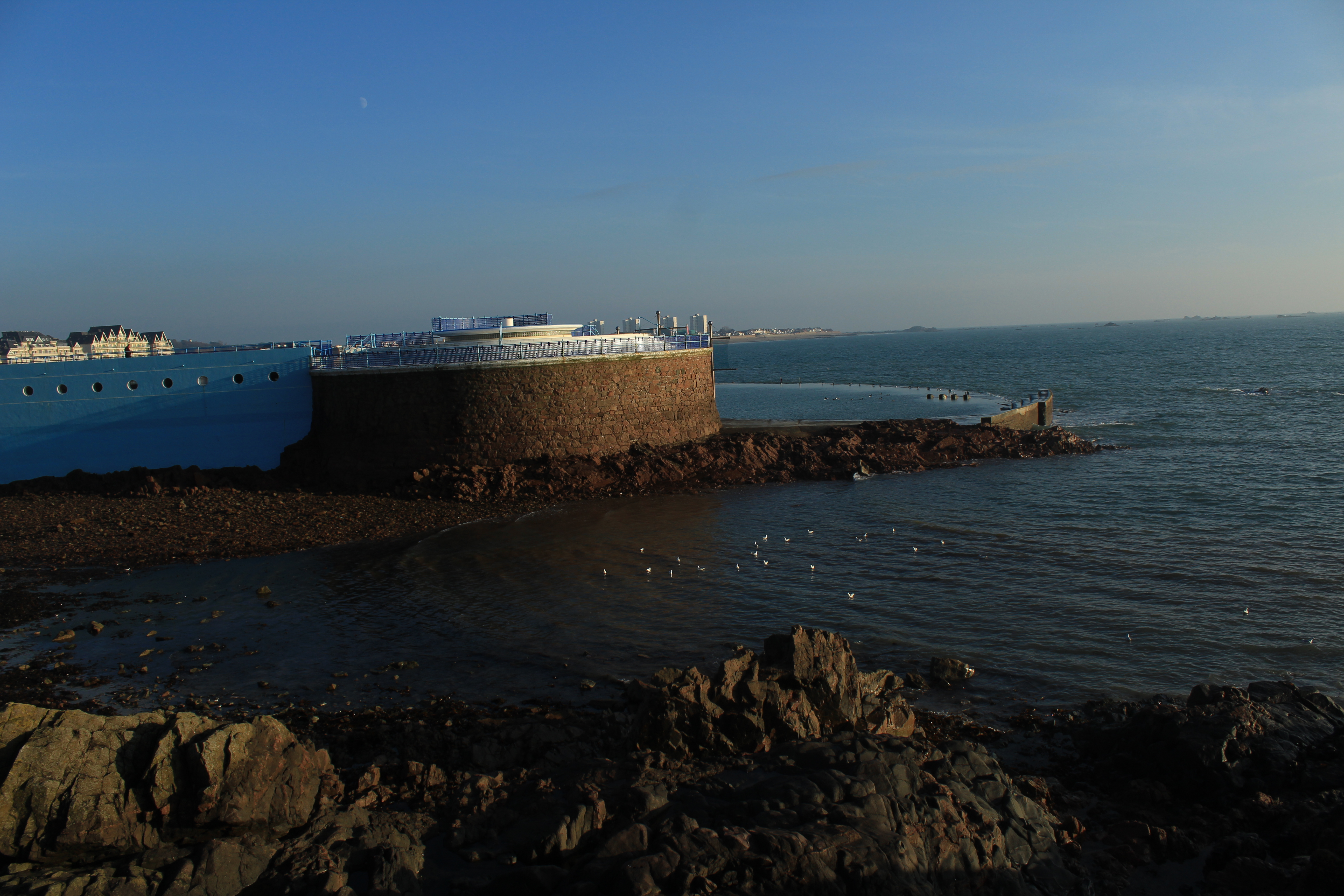
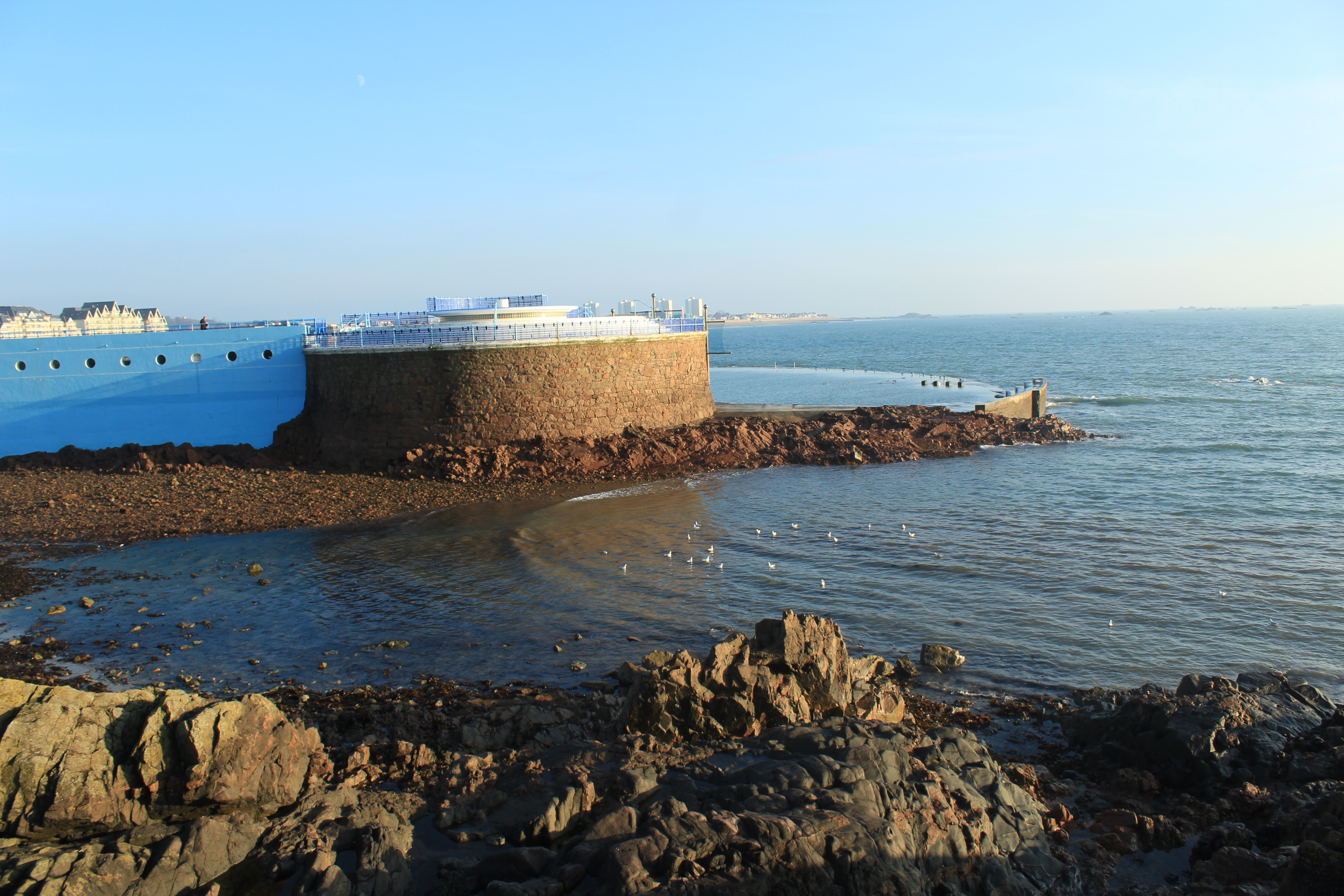
Here is my final image after applying the HDR technique to it.
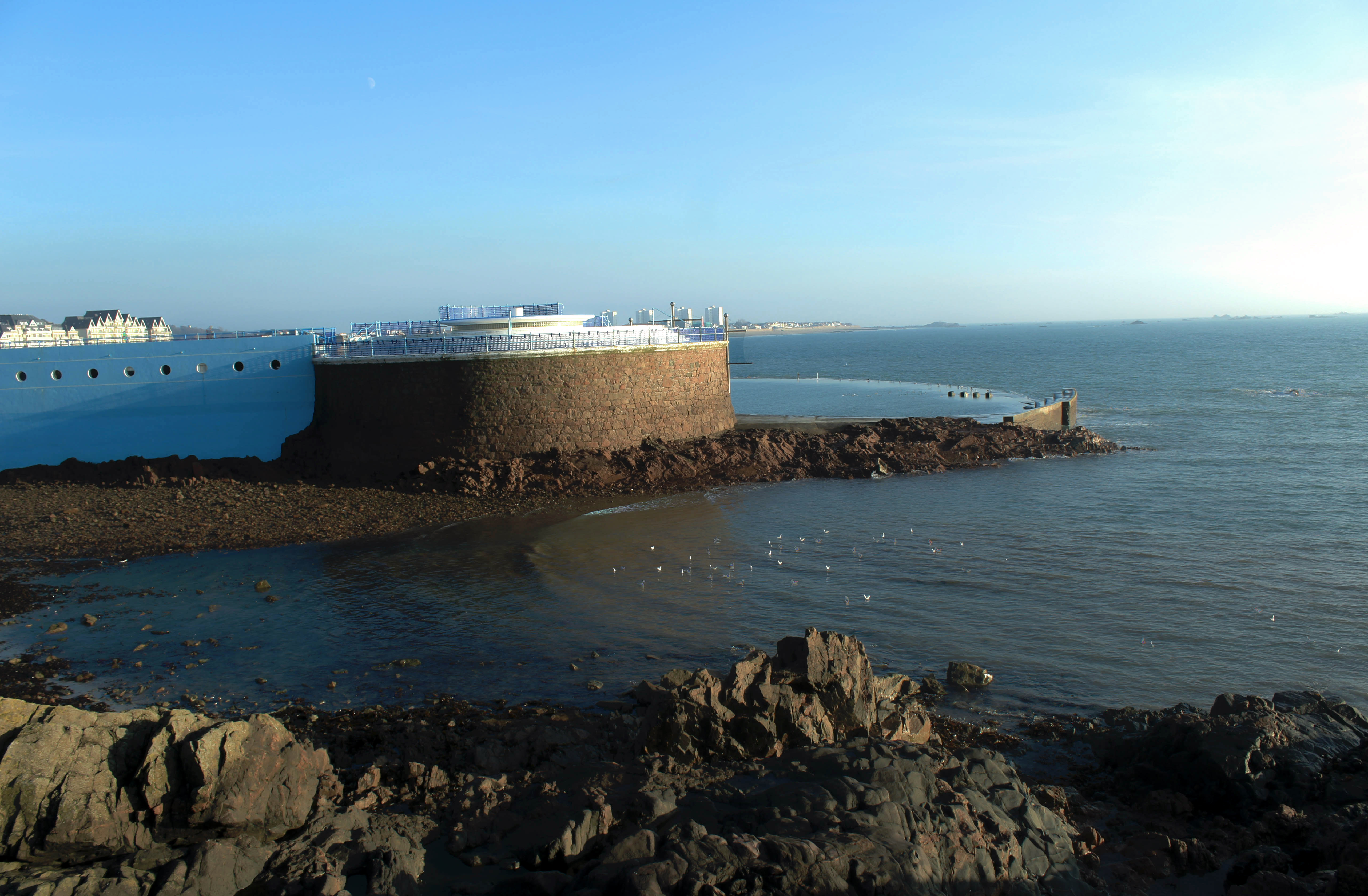
What I did was I merged 2 photographs together by clicking on: file, automate and then Merge to HDR Pro. After this I adjusted my gamma and exposure settings and various other settings such as the vibrance and blur to add to the effects. After doing this I changed the mode to 32 bit and adjusted the tones using the white point slider. I then saved the photograph. Here you can see the the photograph which is overexposed brightened up areas of the landscape and the colors and strength of the sky captured from the underexposed photograph are also present resulting in a nice balance of levels within the photograph.
Here are some other examples of how this works:



Here are some examples of this where I was adjusting the settings on my camera to find the setting best suited for a nice balance of exposure and shutter speed. For example I changed the ISO from 400 to 100, balancing the darker tones of the landscape and the brighter tones of the sky. I also adjusted the shutter in shaded areas to around 1/200 to let in more light and sharpen the corners of the photograph. In well lit and sunny areas I adjusted the shutter speed to 1/60 to let less light into the lens and help with the ISO and also creating a slightly smoother effect on he photograph.. Furthermore I adjusted the aperture to a setting f4.5 to create a deep depth of field with a strong focus of the composition pf the photograph.
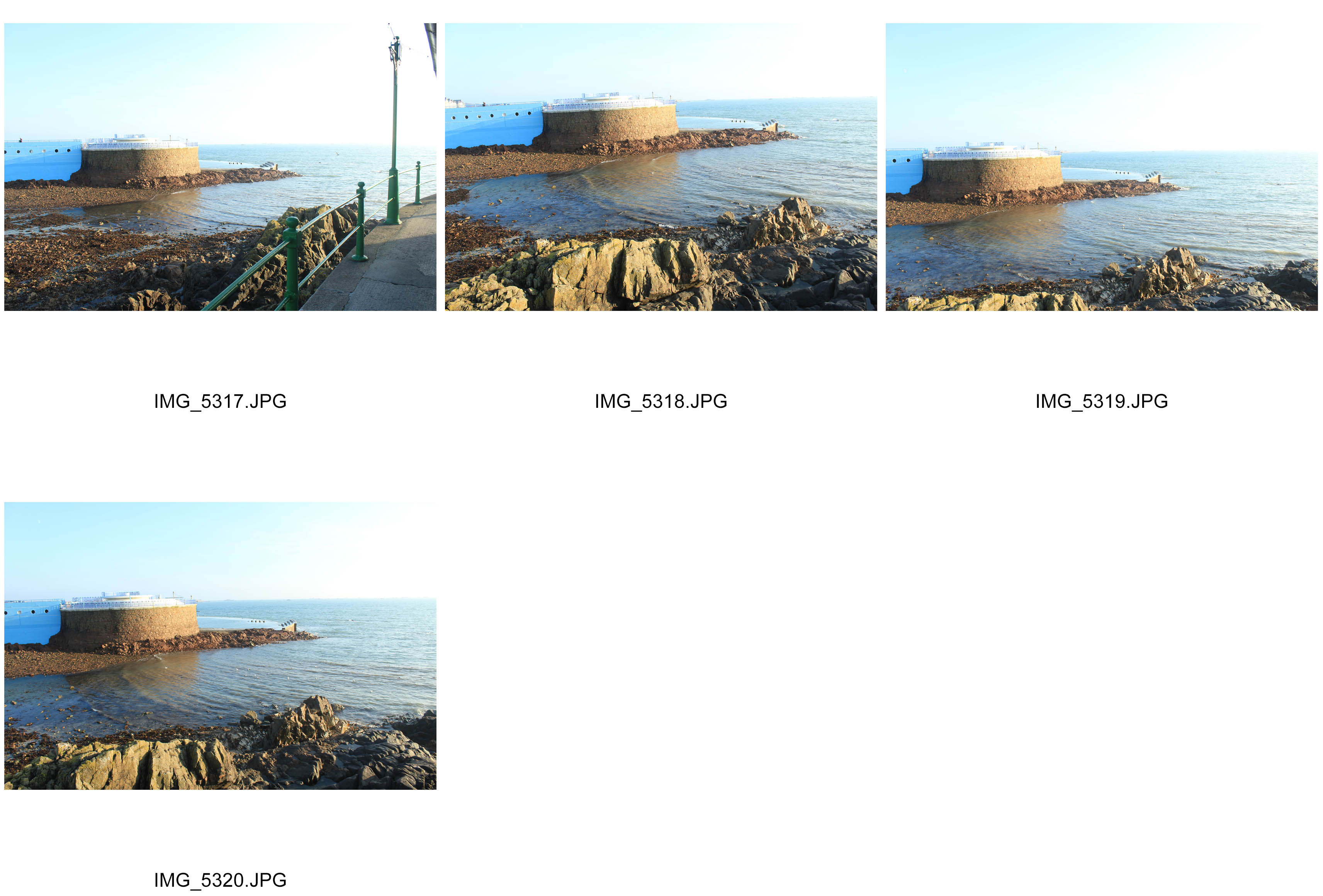
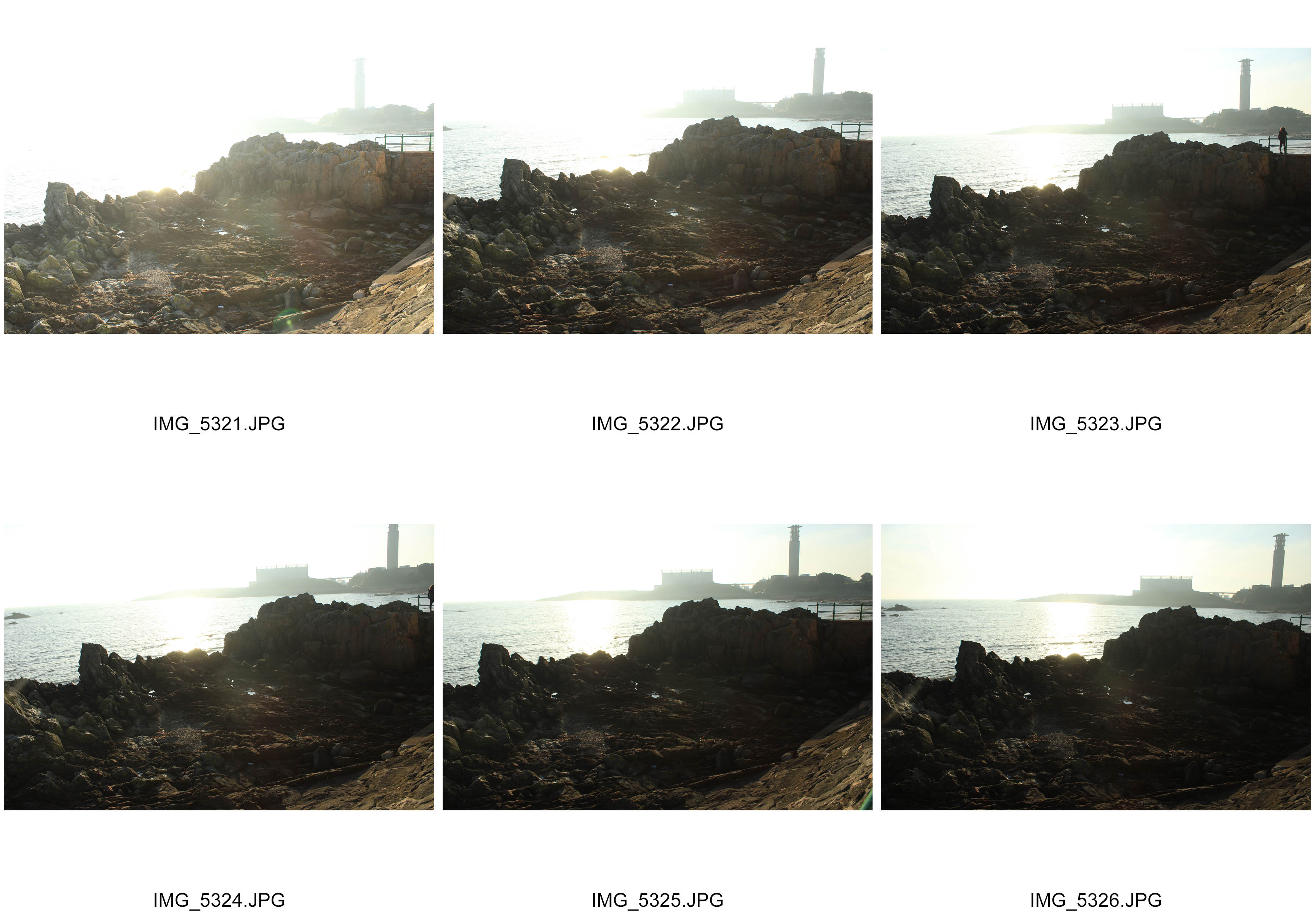
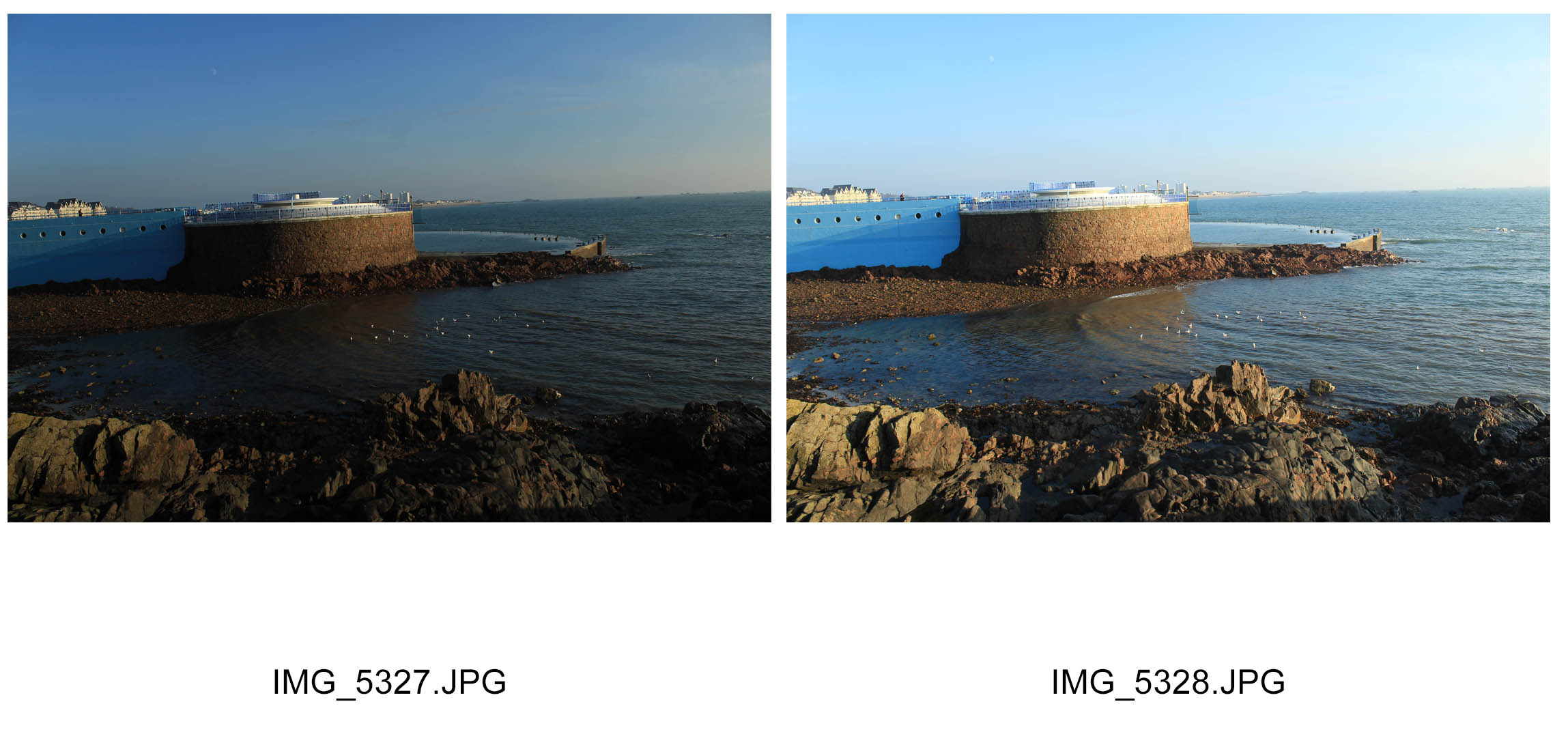

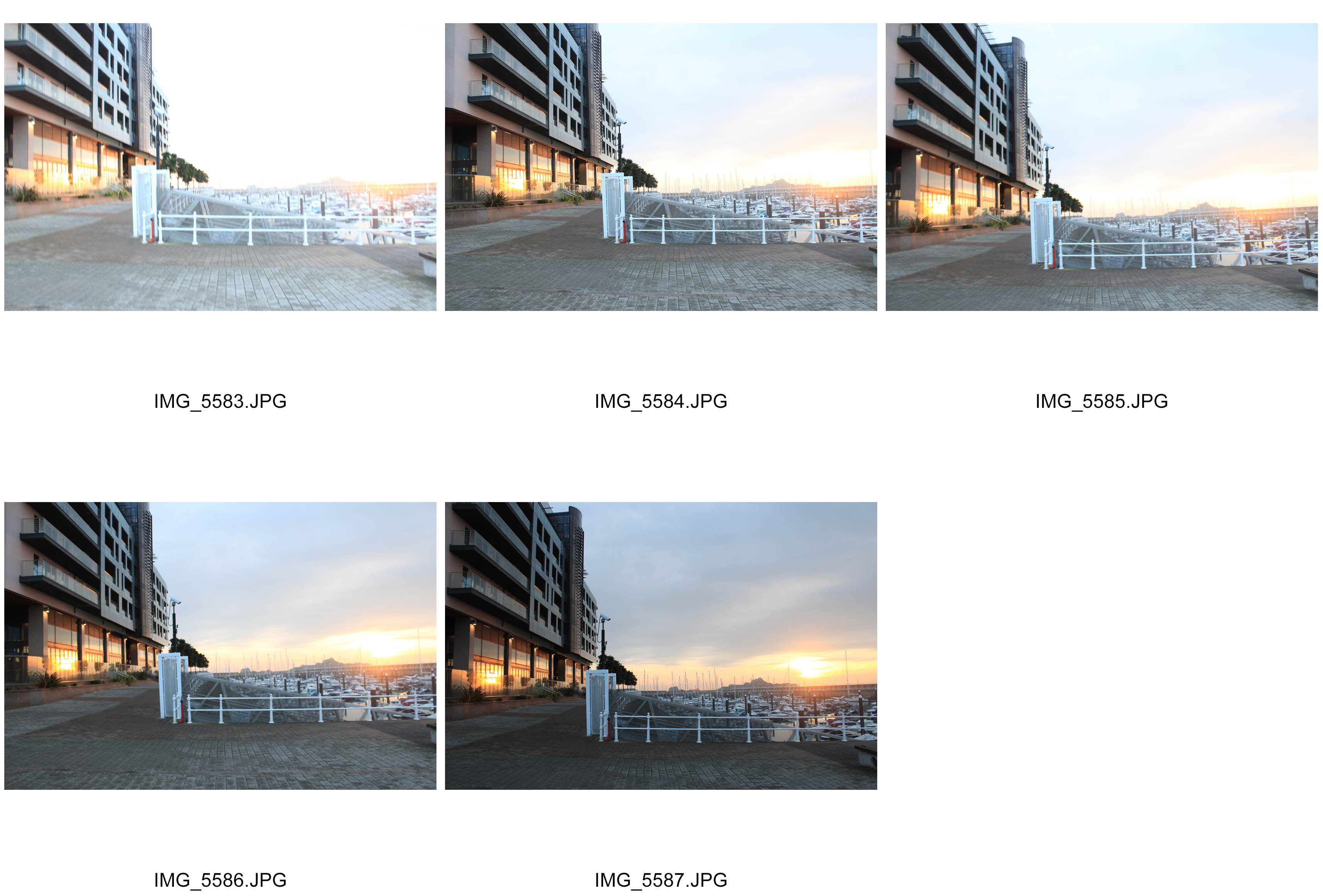

Psycho Geography is essentially a combination between photography and geography including elements of geographical places with the photograph. Psycho geography is defined as :” “the study of the precise laws and specific effects of the geographical environment, consciously organized or not, on the emotions and behavior of individuals”. With this type of photography, Dadism and Surrealism is heavily incorporated especially by artists such as: Peter Ackroyd, Pat Barker, Will Self and members of the Situationist International. Here are some examples of Psycho Geography:



Edward Weston
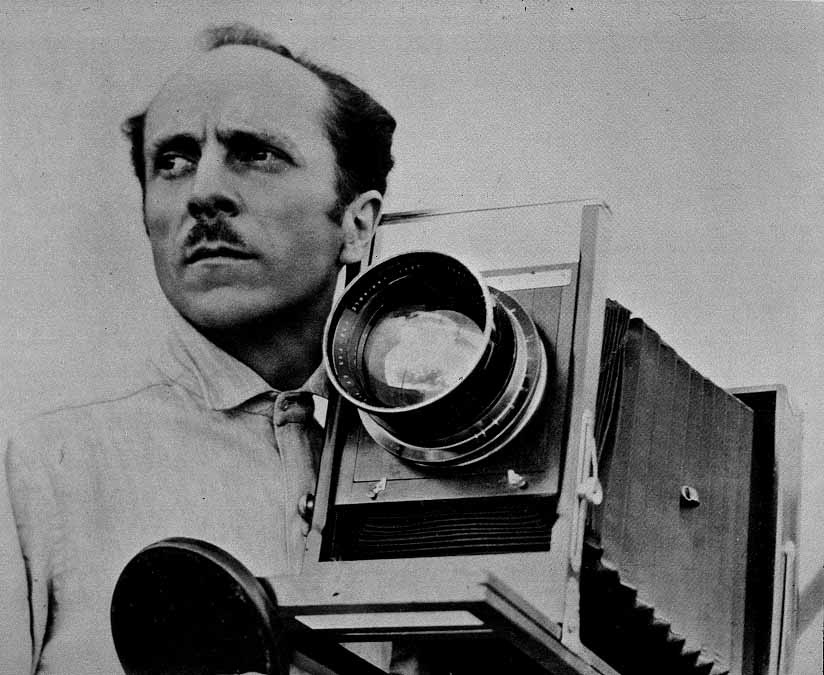
Edward Weston was an American photographer born in March 24, 1886 – January 1, 1958. He photographed a variety of subjects of subjects, including landscapes, still lifes, nudes, portraits, genre scenes and even whimsical parodies. In the 1920’s he began photography, in 1923 he opened a photographic study in Mexico. With his influences from Mexico, Weston returned to the US further creating nudes, close-ups, natural forms and particularly landscapes. From 1927-1935, on his travels from Glendale to Carmel, Weston began focusing on his landscape work focusing on the stark rocks, the big empty spaces and building upon the negative values in the photograph. His exposure settings covered, a low ISO rating necessitating very long exposures when using his view camera, with the exposure time from 1 to 3 seconds for outdoor landscape exposures to 4½ hours for still lifes such as peppers or shells. When using the Graflex cameras the exposure times were usually less than ¼ second. Examples of Weston’s work:



Ansel Adams

Ansel Adams, another American photographer born in February 20 1902 – April 22 1984. In the 1920’s Adams started developing his early shoots around the Sierra mountains recording his shoot: “Parmenian Prints of the High Sierras”. He particularly focused on how an object felt for him and therefore how it should be presented. Within the 1930’s, Adams work matured and grew in personality. He expanded his work on on detailed close ups and also large forms too with influences such as John Marin and Paul Strand whose influence helped establish Adams style for later life. In 1932 with Imogen Cunningham and Edward Western, a group was formed named group f/64. This focused upon small apertures with high depths of field – useful for landscape photography. With the start of the 1940’s Adams started to teach photography but with the tide of war turning: Adams was part of a group known as the National Aviation Photographic Unit. With this experience, Weston started forming magazines such as “Aperture” in later years and focusing on teaching too. Adams landscape work with landscape photography is distinct in the sense it portrays high levels of contrast. Examples of Adams work:

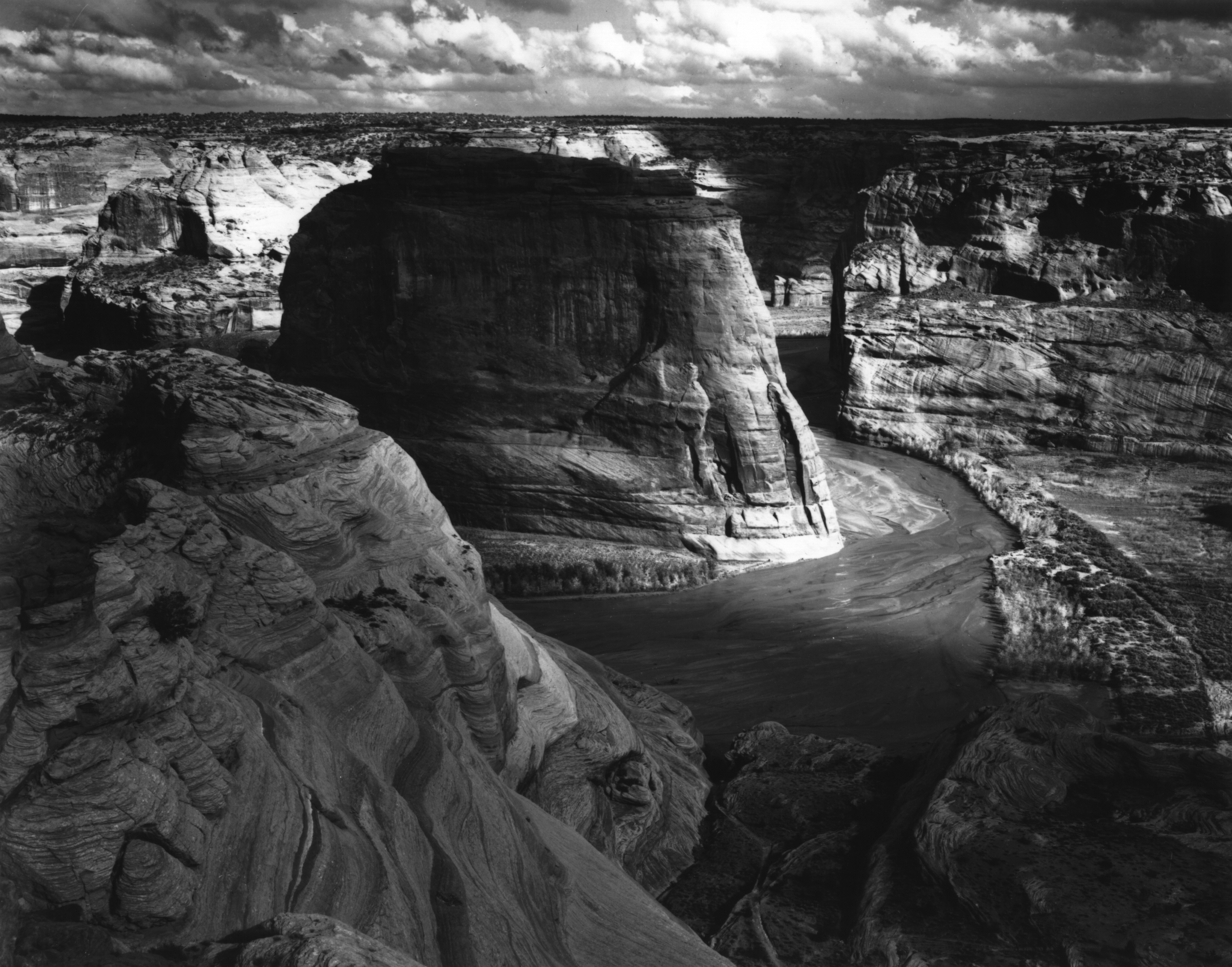
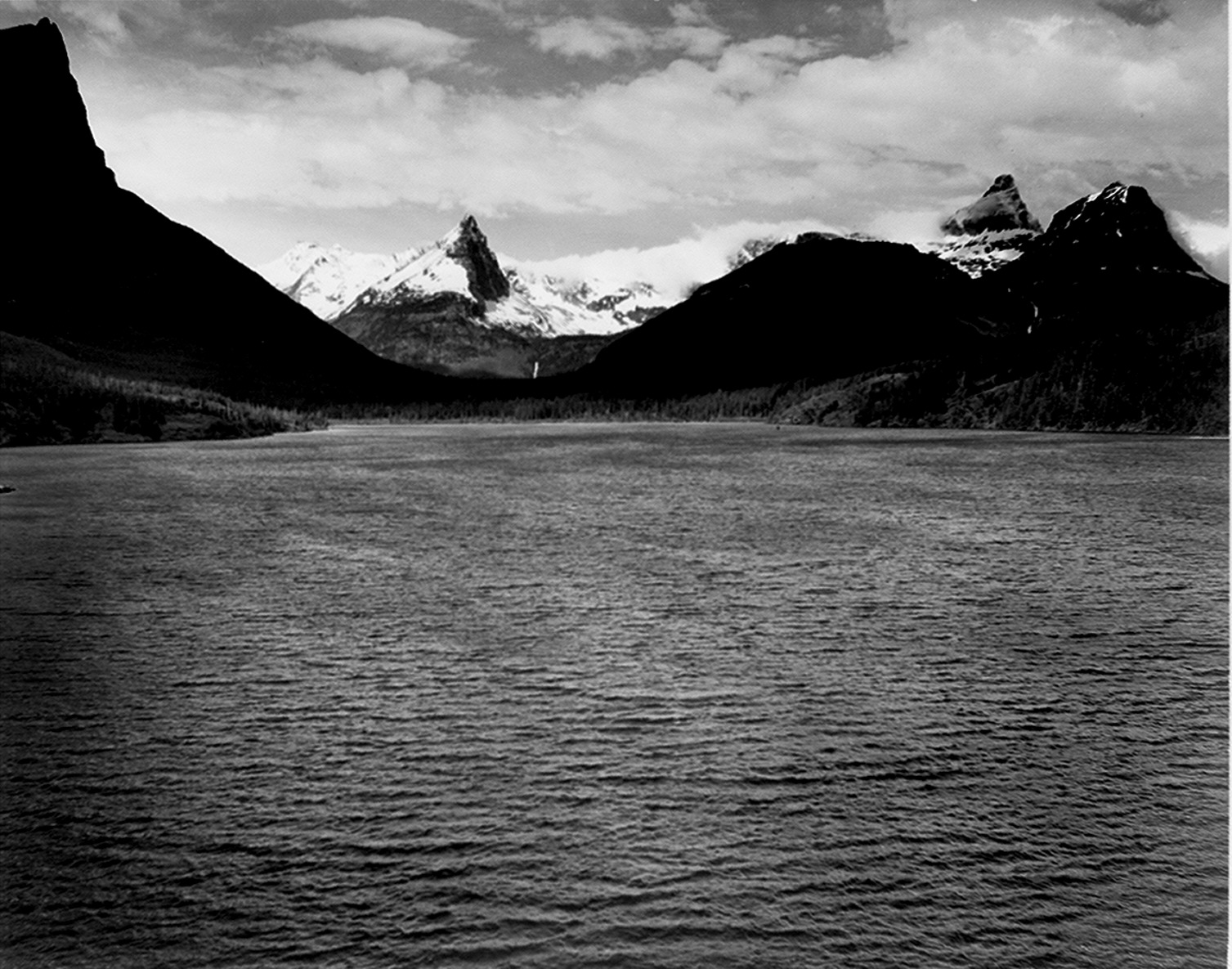
-URBAN-
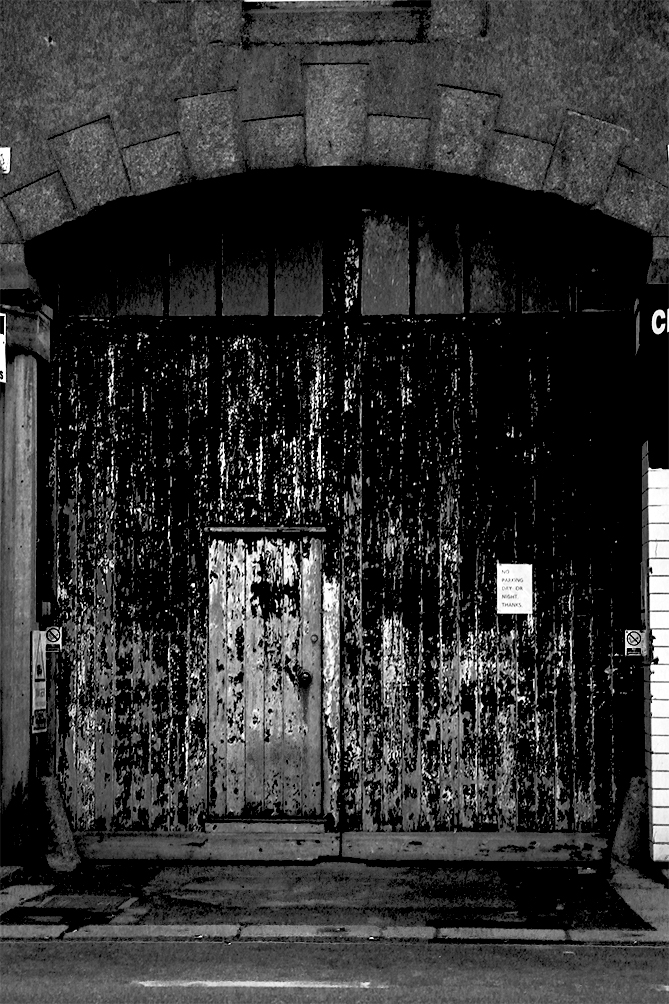
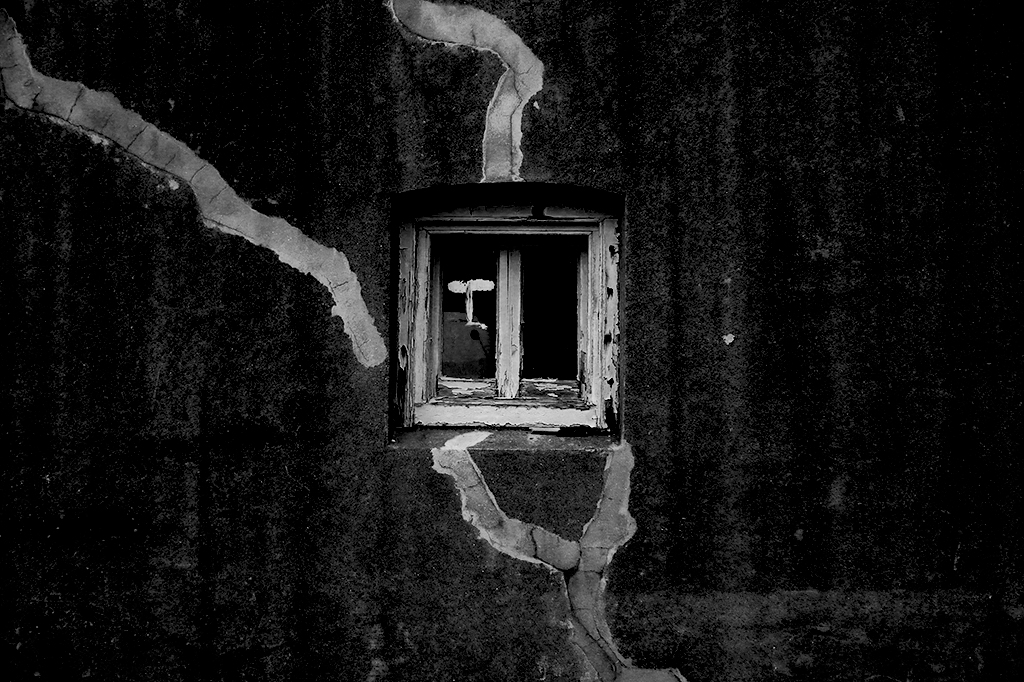
-INDUSTRIAL-
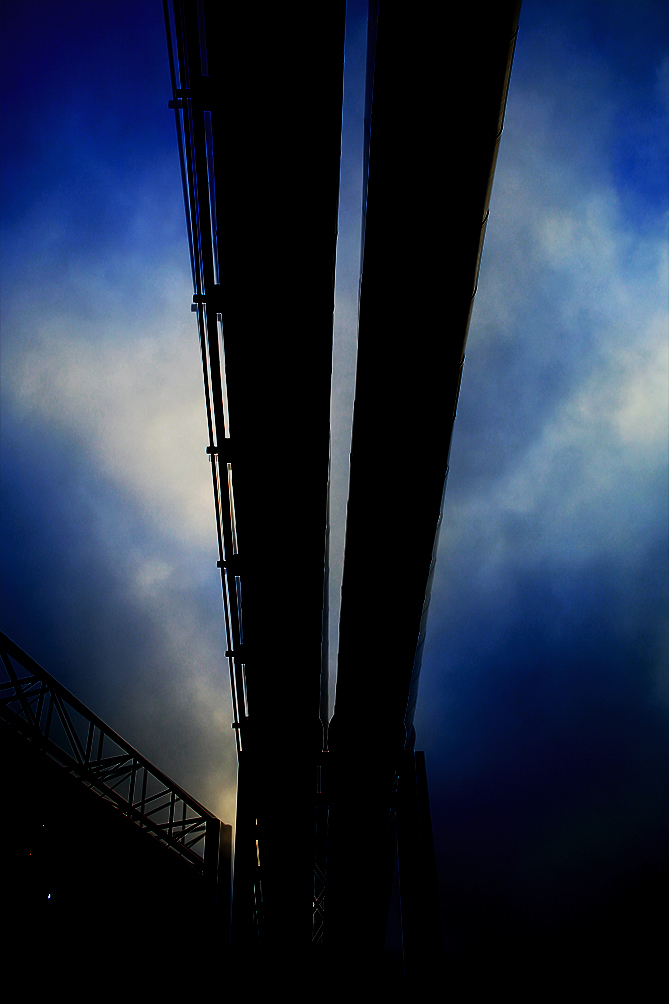
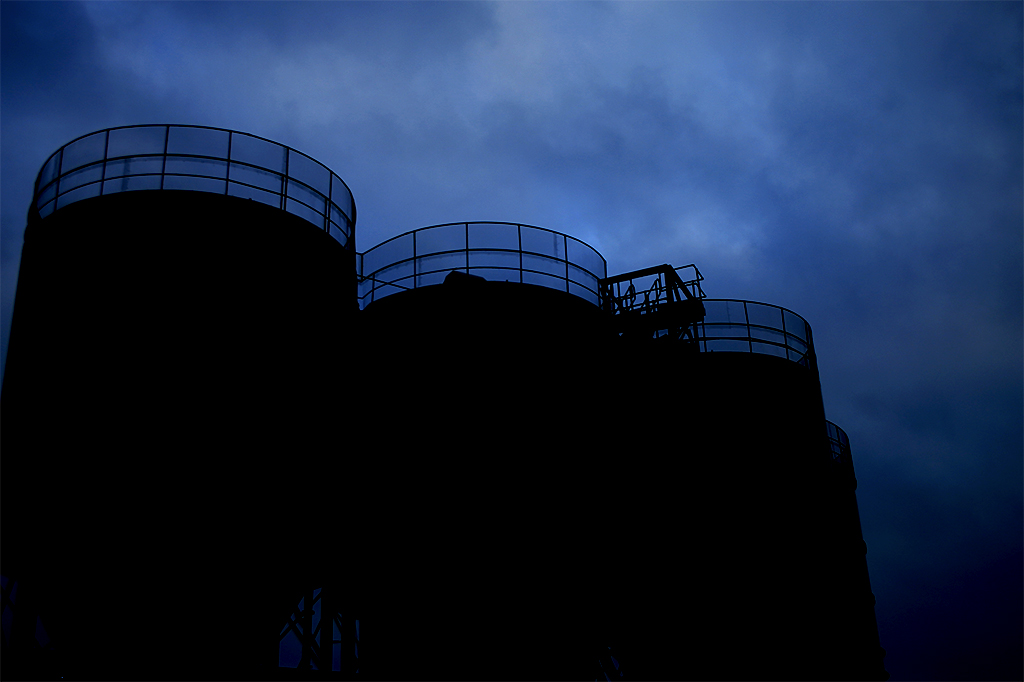
-ABSTRACT-
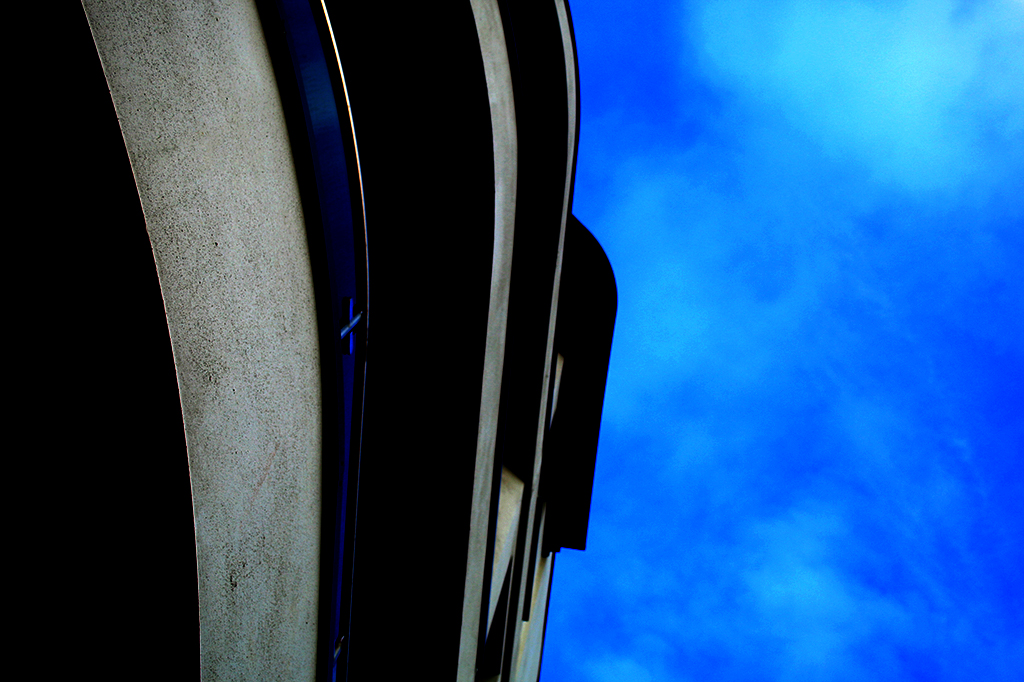
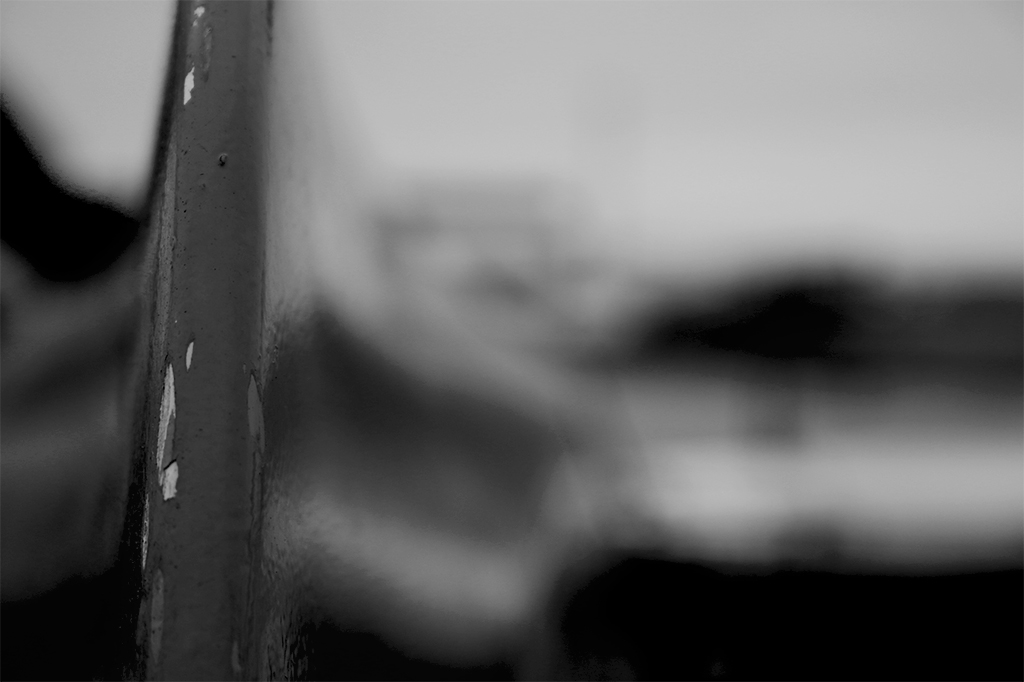
-SEA-
